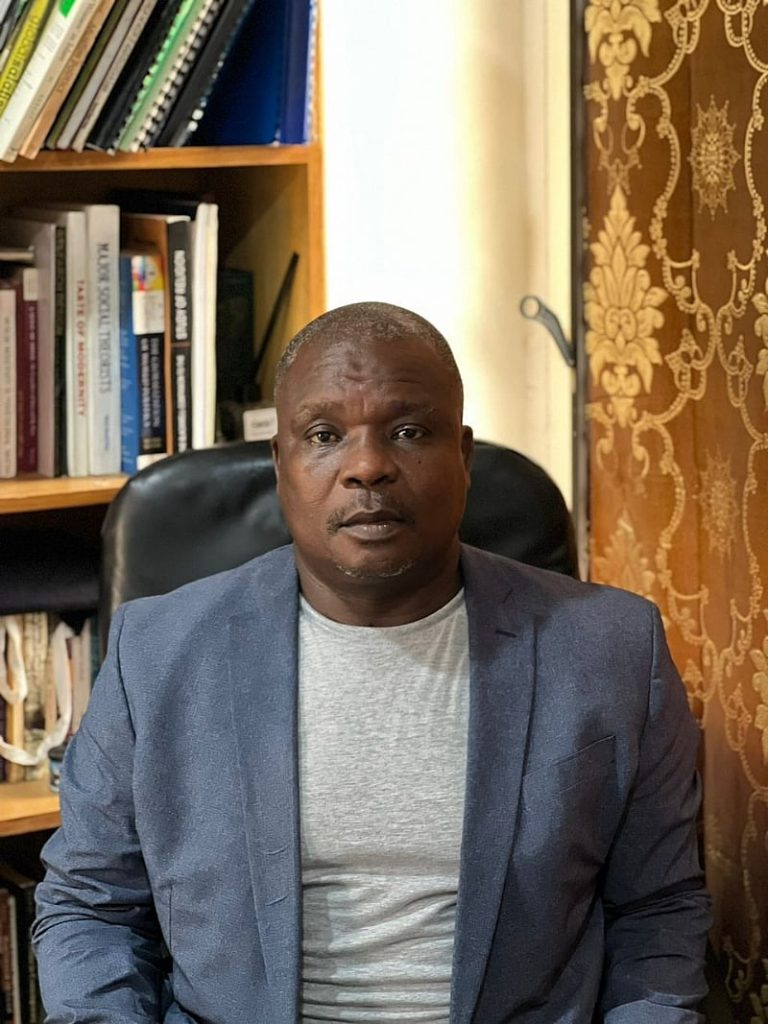The electoral integrity in Ghana has come under scrutiny as the Progressives Intellectuals (PI), a collective of university experts and researchers, expressed concern regarding the Electoral Commission’s (EC) refusal to consider proposals for a forensic audit of the voters’ register. In a press statement, PI emphasized that the EC’s actions could jeopardize public trust ahead of the forthcoming elections on December 7. The group highlighted that the apprehensions expressed by segments of the population about the integrity of the voters’ register should not be dismissed but rather addressed to foster confidence in the democratic process. The call for transparency stems from a broader concern that maintaining the integrity of the electoral process is essential for the legitimacy of any electoral outcome.
Dr. Yunus Dumbe, the President of PI, advocated for the EC to adopt a stance of “extreme transparency” in its operations. According to Dr. Dumbe, such transparency would be vital for re-establishing public trust, which has seemingly waned due to the current posture taken by the Commission. The PI argued that the Commission’s unwillingness to engage with public concerns sends a detrimental message about its accountability to the electorate, which may further undermine the relationship between the EC and the public. The demand for vigilance in electoral processes represents a broader societal need for responsiveness from institutions, particularly those tasked with upholding democratic values.
In response to the PI’s statements, the Electoral Commission maintained that the call for a forensic audit is untimely and unfounded. The EC indicated that it has not yet finalized the necessary procedures to clean the voters’ register before any audit could be conducted. Notably, the Commission acknowledged its awareness of discrepancies in the provisional register and its commitment to addressing them. A letter from Mrs. Jean Mensa, the Chairperson of the EC, clarified the meticulous approach the Commission is undertaking to ensure the integrity of the voters’ register ahead of the elections. The EC emphasized the ongoing nature of the electoral processes, reiterating that creating a reliable Final Voters Register is a complex endeavor that demands thorough investigation and time.
Furthermore, the Electoral Commission outlined the steps being taken, including an online exhibition of the provisional voters’ register, which is intended to permit public inspection and corrections of any discrepancies found. The EC underscored its commitment to transparency and accountability by involving its District Officers in implementing recommendations aimed at refining the register. By laying out these measures, the Commission hoped to reassure stakeholders, including political parties like the National Democratic Congress (NDC), that it is diligently working to resolve any issues within the register.
The argument presented by the EC contends that the actions they are taking should alleviate the concerns raised by Opposition parties regarding the integrity of the voters’ register. The Commission indicated that due process is being followed, implying that a forensic audit might disrupt established workflows intended to achieve a reliable register. The EC’s position is grounded in the belief that scrutinizing the register before the completion of these processes could derail efforts to secure accurate and credible voter lists for the elections, a foundational element for democratic participation.
In summary, the diverging perspectives between the Progressives Intellectuals and the Electoral Commission underscore a critical tension in Ghana’s electoral landscape. On one hand, the PI advocates for increased accountability and transparency to foster public confidence in the electoral system, while on the other hand, the EC insists on conducting its processes in a structured manner to ensure thoroughness. This conflict illustrates the broader challenge of balancing transparency and administrative efficiency in preparing for elections. As December 7 approaches, the actions taken (or not taken) by the EC and the ability to reconcile public concerns will likely play a significant role in shaping the electoral atmosphere and the perceived legitimacy of the electoral outcomes in Ghana.














